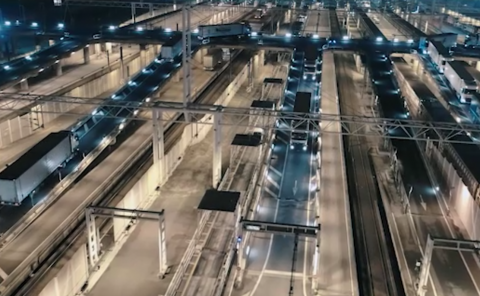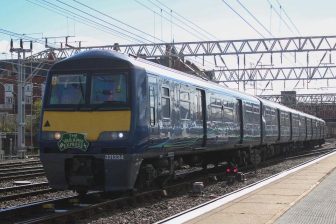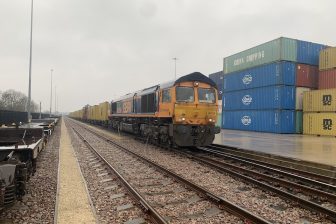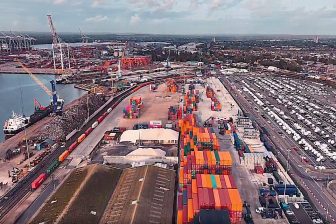
UK election landslide makes Brexit inevitable
The right-wing Conservative Party has won a huge majority in the UK General Election, on the back of a clear manifest pledge to ‘Get Brexit Done’. The very real probability now is that the United Kingdom will leave the EU, as early as 31 January 2020. The reaction from industry has been a pragmatic sigh of relief in that the uncertainty is over and, for better or worse, the UK position is now clear. Well, as clear as it will ever be.
The immediate impact on the rail freight sector will be business as usual. There is no overnight change to domestic demand or regulation because of this election result. With the exception of Channel Tunnel traffic, all movements in Great Britain are domestic flows and do not cross any international borders.
The Conservative Party have been returned to power, with a significant overall majority, allowing their leader and Prime Minister Boris Johnson to pursue their policies without seeking a coalition. The left-wing opposition Labour Party, whose manifesto included a commitment to the nationalisation of the railway network, suffered a crushing defeat. Their leader, Jeremy Corbyn, comfortably retained his own seat, but stood down as party leader immediately afterwards.
Early 2020
For the rail freight industry, the most pressing change is likely to come in the early months of 2020. If trading arrangements are amended, and, as expected, there is a requirement to move goods around the country from a variety of ports, rail will play a significant part in smoothing out the logistic bottlenecks. Rail served ports, like the under utilised Stranraer in south west Scotland, have already been ear-marked to take shipping and goods for customs clearance.
In common with other political parties, the Conservatives made pledges to the rail industry. Although short on detail, the manifesto committed to expanding the overall network, including reopening some lines closed in the rationalisations of the 1960s. The task will be to find funding for any widespread programme, over and above existing commitments to the network.
However, investors may find the UK a much more attractive prospect in the coming months. Sterling leapt ahead on international money markets within minutes of the polls closing at 2200UK on Thursday. With the British rail freight sector healthy and growing, it’s likely that overseas business interest will be renewed.
Scotland
The biggest anomaly in the election is the complete domination in Scotland by the separatist and pro-EU Scottish National Party. Although standing in only the 59 Scottish seats out of the 650 seats in the UK Parliament, the SNP has swept aside all opposition, including the Conservatives. Couple that with the SNP government in the regional, devolved government in Scotland, and there is a clear political divergence in the UK.
However, the SNP has declared a ‘climate emergency’ and is taking steps to curb emissions from Scottish industry and commerce. For example, two high-profile road projects have been scaled back, and rail freight development has been placed higher on the agenda, including a recently announced project to reopen a short commuter line with goods capacity built in.
Historic
In his own acceptance speech, Boris Johnston called the election: “Historic, and one to unleash the entire potential of the people of this country.” The industry will now turn to his new government to call upon him to unleash the entire potential for rail freight to address the significant ambitions for the UK economy and environment. It remains to be seen if this landslide proves a blockage, or clears the way for the rail industry.




